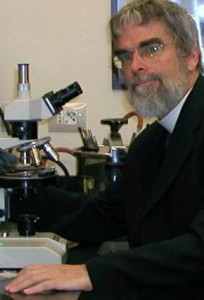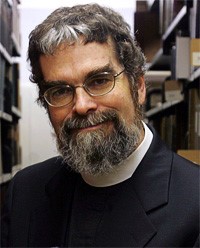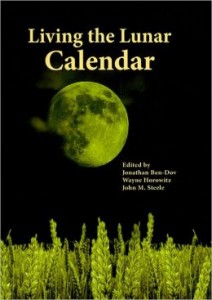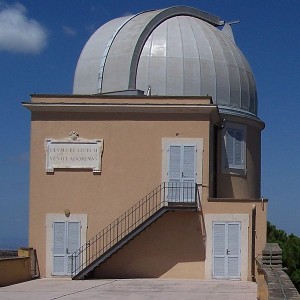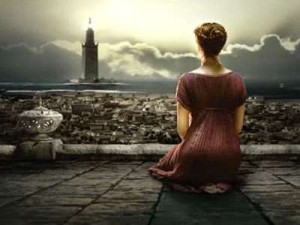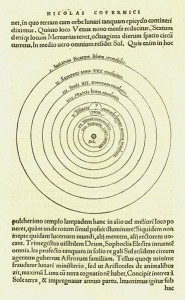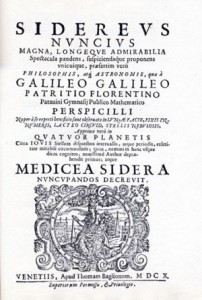Just a quick peek behind the workings of this blog. I’m currently spending much of my time reading materials in preparation for my comprehensive exams. (a.k.a. qualifying exams) For now, as has been the case for a few months, until these exams are completed, I only have a limited amount of time to devote to Chaldea (i.e., I’ll post whenever I can). I thought I’d bring a notable source I’m working with to the attention of others in similar fields.
For those interested in cultural perceptions of the heavens in ancient Egypt, Mesopotamia, ancient Israel, Persia, Greco-Roman cultures, as well as early Judaism, Christianity, and Islam, I highly recommend The Early History of Heaven, by J. Edward Wright. (2000, Oxford University Press)
I first took it out of the library in 2003, but soon found it indispensable, so I bought a copy. It’s a very thorough overview of the important writings and beliefs about heaven and/or the heavens (including heavenly cosmography) in these cultures, and it incorporates archaeological findings as well as textual sources. It is difficult to distinguish between astronomy proper and astral beliefs in many ancient civilizations; this book provides the reader with a solid awareness of the background views of the cosmos in these cultures, thereby setting the stage for later evolutions in cultural astronomy.
Have a good weekend, all!

